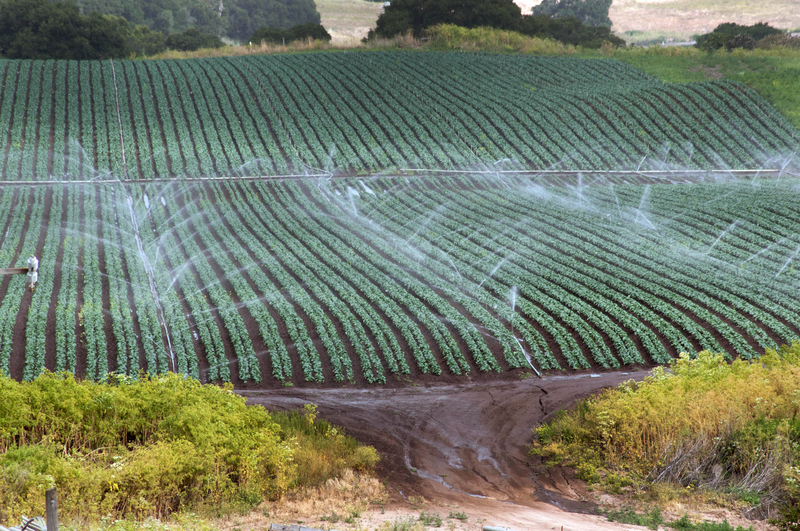nutrient pollution
Guest Contributors Helen Kang and Deborah Sivas: California Should Lead the Nation in Controlling Agricultural Pollution
Protection of Drinking Water and Environmental Quality Demands Strong Action
Agricultural runoff is one of the largest sources of pollution in the nation’s waterways. In recent years, scientific journals and the media have been filled with reports of toxic algae blooms and dead zones near and far: The Everglades, Great Lakes, Gulf of Mexico, Chesapeake Bay, and San Francisco Bay-Delta. Agricultural pollution also threatens public …
CONTINUE READINGTMDL Fight Brewing in Chesapeake Bay
On December 29, 2010, EPA finalized a plan to reduce nutrient pollution in Chesapeake Bay by implementing a Total Maximum Daily Load (TMDL) budget using its Clean Water Act authority. That plan will require a 25% reduction in nitrogen, a 24% reduction in phosphorus and a 20% reduction in sediment throughout the watershed. This includes …
Continue reading “TMDL Fight Brewing in Chesapeake Bay”
CONTINUE READINGSemi-good news from the Gulf Coast
NOAA this week released the latest survey of the “dead zone” just off the Gulf Coast. The dead zone results from fertilizer pollution brought down from midwest farms and cities by the Mississippi River. That nutrient influx fuels phytoplankton blooms. The subsequent decomposition of dead plankton consumes oxygen, leaving the levels of dissolved oxygen in …
Continue reading “Semi-good news from the Gulf Coast”
CONTINUE READING




